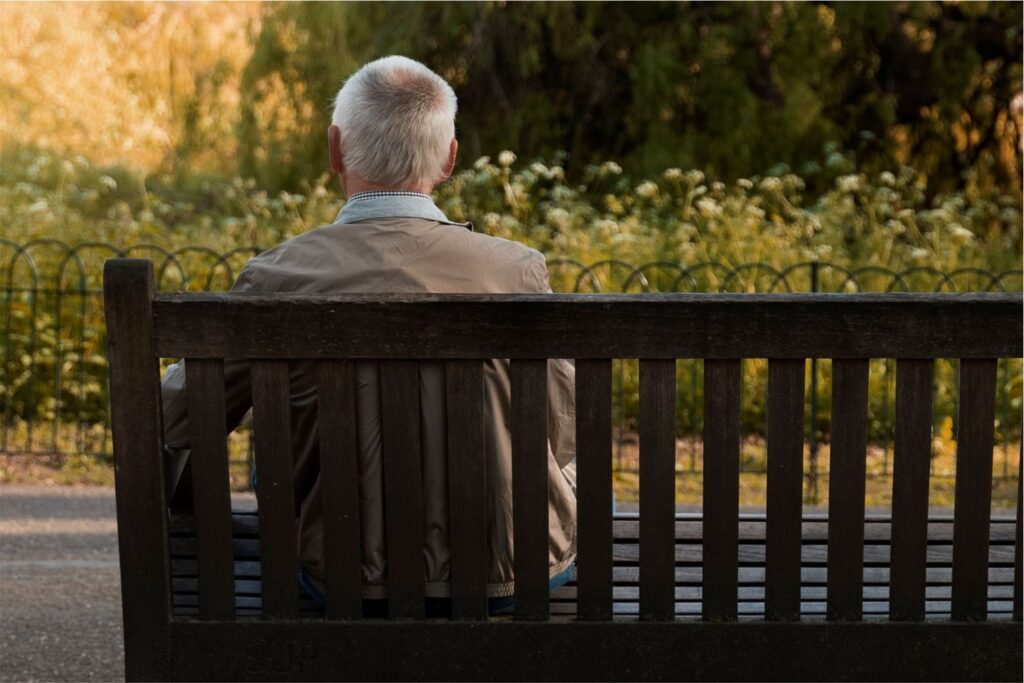
Contrary to long-standing public health warnings, loneliness may not increase the risk of early death, at least among older adults receiving home care. A study published in the Journal of the American Medical Directors Association has found that lonely seniors were less likely to die within a year compared to those who did not report loneliness.
The study, led by researchers from the University of Waterloo’s School of Public Health Sciences, analysed data from 383,386 home care recipients aged 65 and above in Canada, Finland, and New Zealand.
Also Read | Healthy ageing? Coffee may hold the key for women, shows study
The study found a 15% lower risk of death among lonely individuals in Finland, 18% in Canada and 23% lower risk in New Zealand. Loneliness was reported by 16% to 24% of home care recipients across the three countries, with higher rates among women and older age groups.
“These findings contradict much of the existing literature,” said lead author Dr Bonaventure Egbujie. “Loneliness did not independently increase the risk of death among older adults in home care after accounting for other variables.”
Interestingly, the study found that people in better physical health and those receiving less support from friends or family were more likely to report feeling lonely.
Despite the findings, experts caution against downplaying loneliness. “It remains a serious threat to psychological well-being,” said senior author Dr John Hirdes. “Even if loneliness doesn’t kill you, it significantly affects quality of life.”
The authors call for further long-term research and urge healthcare providers to treat loneliness as a quality-of-life priority, not just a mortality risk. They also emphasise the role of home and community care services in supporting social interaction for isolated older adults.








